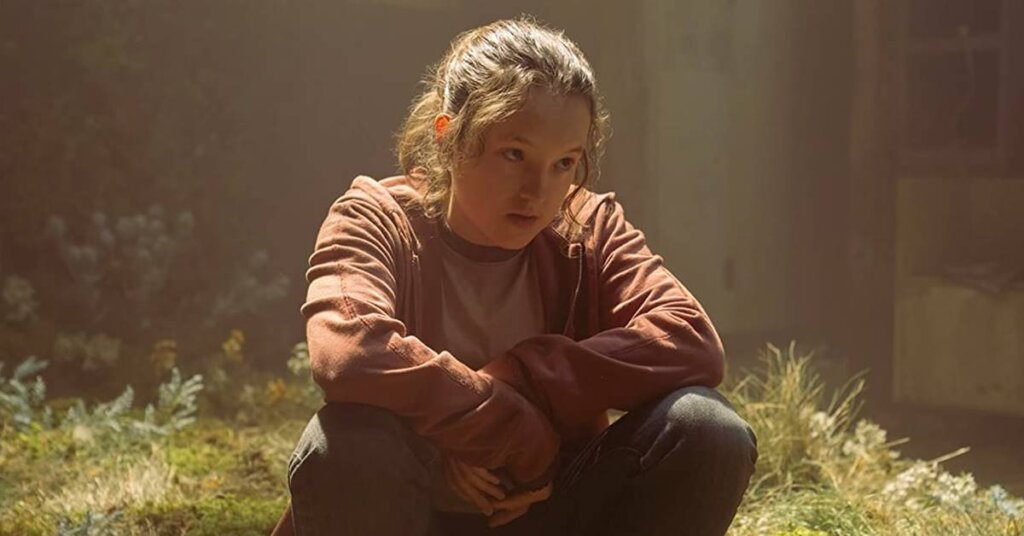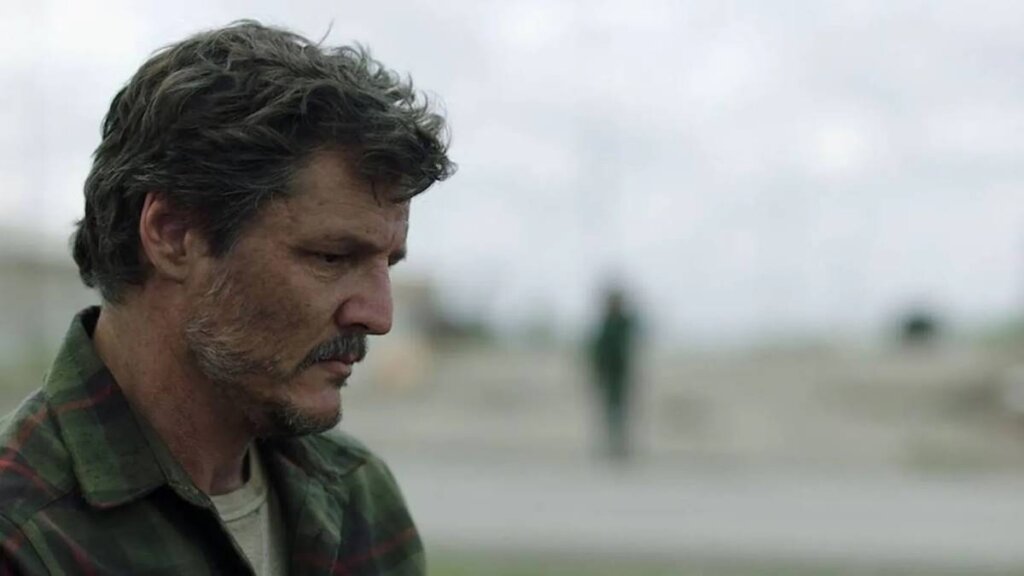The Last of Us: Why We Like Series About the End of the World


Written and verified by the psychologist Valeria Sabater
Stories about apocalyptic scenarios have always haunted our psychological imaginations. They attract us because they place us in probable but inhospitable territories that are somehow feasible. One example of this was the well-known novel by Cormac McCarthy, The Road (2006). This book won the Pulitzer Prize and became a huge bestseller.
This story of the efforts of a father and son to survive in a charred North America after a nuclear holocaust became a disturbing metaphor for the possible future of the human being. Beyond the literary world, these themes are also extremely popular in the world of video games. Among the huge number of titles available on this particular subject, one, in particular, stands out.
The Last of Us was released in 2013 by the American company, Naughty Dog, and distributed by Sony. The series suggests another equally disturbing metaphor for the end of humanity. In this case, the origin doesn’t lie in nuclear weapons or a pandemic virus. It’s a strain of the cordyceps fungus, which, as a result of climate change, is capable of parasitizing people in the same way as ants or arthropods.
“The Last of Us” outlines a world in ruins and dominated by violence. However, there are still certain spaces and nooks and crannies where the most beautiful aspects of humanity can flourish in their purest form.

The Last of Us: a dark and moving production
A mushroom-dominated apocalyptic reality sounds ironic but also terrifying. Imagining humanity turned into fungal creatures with cannibalistic behaviors provides an innovative twist from the predictable. Even more so, considering that the well-worn clichés of zombie productions such as The Walking Dead have been stretched to their limits, and the public is eager for new content and storylines.
The Last of Us reached the viewer in the midst of a post-pandemic world and the evolution of climate change. Today, more than ever, we’re far more sensitive to these scenarios because we seem to hear about them every day. This is a series that combines the heartbreaking with the beautiful, the tragic with the moving. It has transcended the viewers’ expectations.
The success of the series is largely due to its two creators. Firstly, there’s the video game’s own creator, Neil Druckmann. He adapted the game to the TV screen. Aware that TV allows for alternative narratives, he decided to broaden and enrich the story by giving it greater emotional depth. Secondly, there’s Craig Mazin, the creator of Chernobyl.
The adaptation of the video game to TV is perfect, but its creator decided to enrich it. And, for those who don’t know the original story, they can easily lose themselves in a credible, consistent, and emotional script.
Two archetypal protagonists who are easy to connect with
The protagonists of The Last of Us respond to an archetypal schema that’s not difficult for the viewer to recognize. Once again, we have the adult-child story that Cormac McCarthy used in The Road (2006). In this new HBO series, there’s Joel (Pedro Pascal) and Ellie (Bella Ramsey).
Joel is a Texan construction worker who tragically lost his daughter and, later, his partner. Ellie symbolizes hope. Her body is immune to infection from mutant humans and she’s the figure that Joel must protect throughout an epic journey in a world in ruins.
The psychological universe of the characters is sculpted with precision and finesse. Joel is frequently emotionally unavailable. He’s a stoic character dealing with deep trauma that he doesn’t want to talk about. We get to know him through his actions, the small nuances in which his warmth appears. Above all, by his instinct to protect the girl.
On the other hand, Ellie is a sparkling, curious, and inquisitive teenager who brings a halo of warmth and light to a devastating and threatening context.
Episode Three: Love in the midst of the ashes
In The Last of Us, we soon discover that the greatest threat isn’t the mutants, but man. Indeed, when the world starts to collapse and chaos or anarchy dominates, the worst of the human being emerges. However, there are certain twists and turns in which we see a better side of humanity appear. Proof of this is provided in the third episode.
In this episode, developed over two decades, we discover the story of two characters. There’s Bill, a misanthropic prepper (an individual who believes a catastrophic event is about to occur and is well prepared for it), and Frank, an artist, who accidentally stumbles across his compound. This third episode takes a romantic detour, revealing a love story between the two men. In fact, it outlines one of the most beautiful moments of the series.
This moment reminds us that, even if there are only ashes left of the world, it’ll always be worth living there if you have someone to love. On the other hand, it should be noted that this episode, “Long, Long Time”, hasn’t appealed to everyone, especially certain purists of the video game.
However, its creator, Neil Druckmann, made it clear. They hadn’t changed anything about the game itself, they just decided to spend more time with two of the existing characters.
Episode Three of “The Last of Us” (Long, Long Time) tells a beautiful love story between two men. It makes us believe that special people in our lives can appear at any time, even at the darkest moments.

Little stories that escalate big emotions
This latest and extremely successful HBO series is still in its first season. Many describe it as the best television adaptation of a video game. For those of us who don’t know of Joel and Ellie’s experiences via PlayStation, it’s a program with captivating elements. It makes us want to follow in the steps of its protagonists and be part of their journey.
We’re attracted to the deep traumas that are hidden in the faces of the characters. We’re moved by the stories that are spun amidst the ruins and dystopian desolation, to show us that love always moves us, as humans. It can be the love between siblings, couples, or parents and children…the list goes on.
Finally, this series tells us how our powerful bonds and emotions are fireproof weapons that allow us to emerge from any kind of fatality or apocalyptic scenario.
This text is provided for informational purposes only and does not replace consultation with a professional. If in doubt, consult your specialist.








